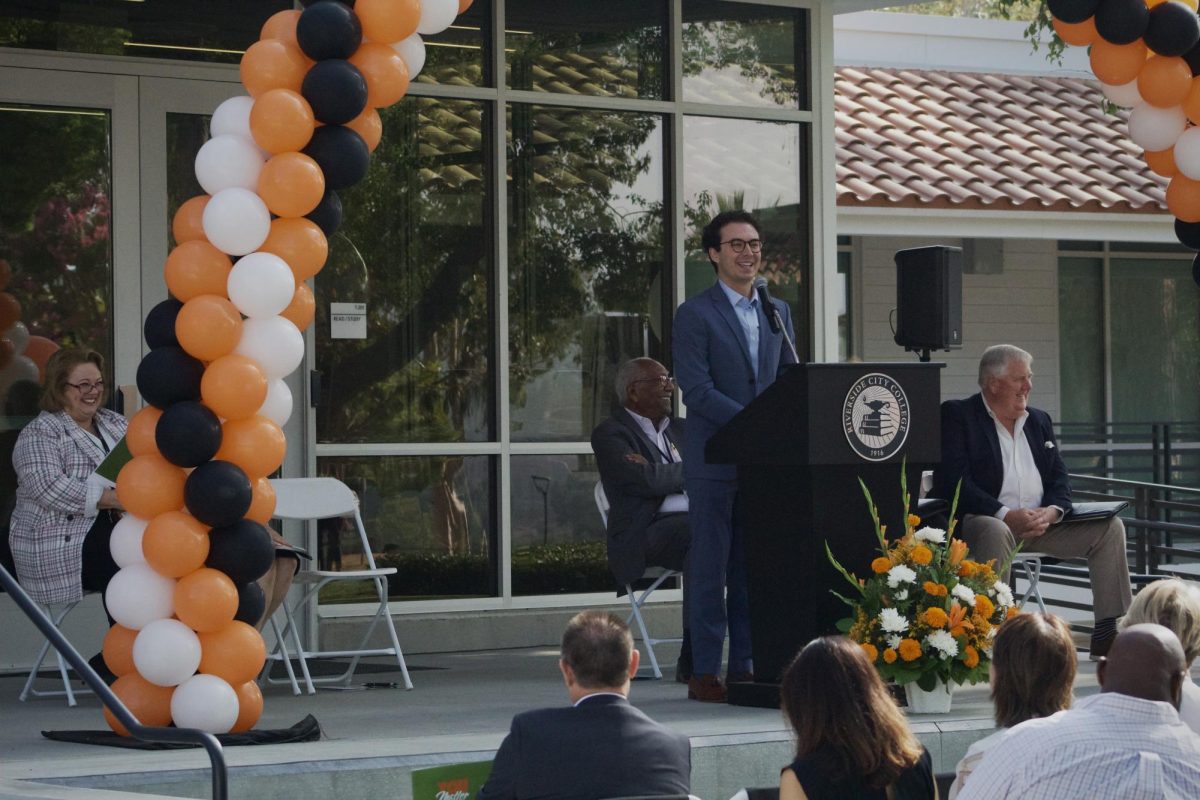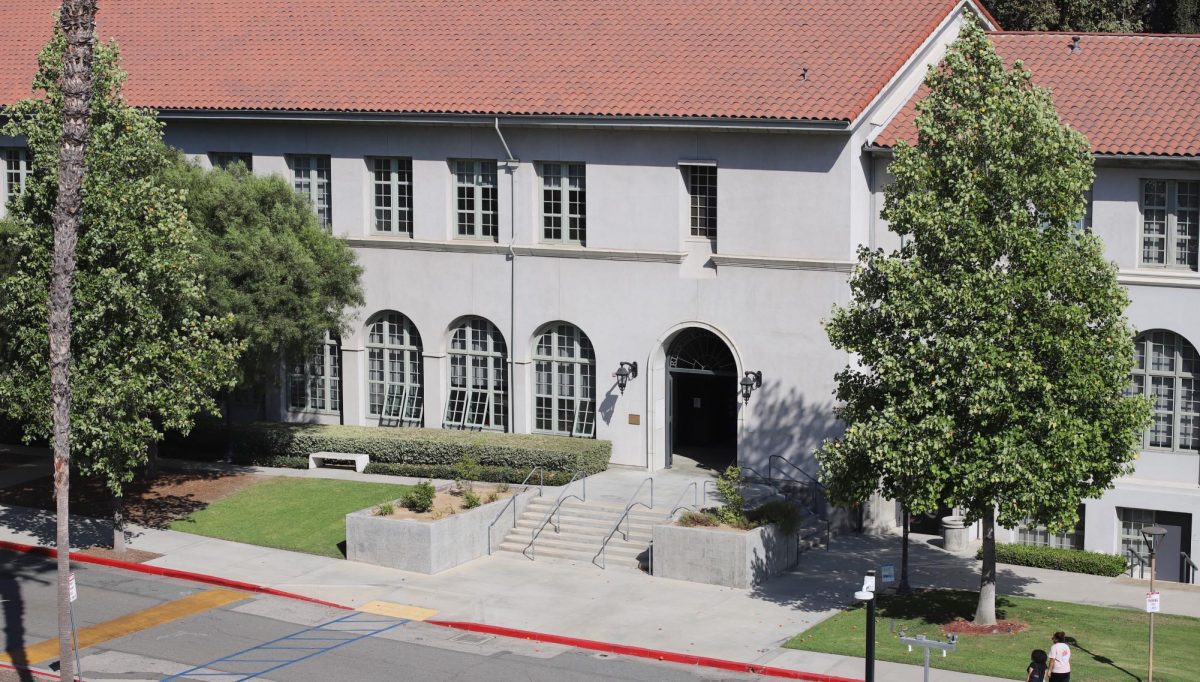
Voices for equality
By
“All persons born or naturalized in the United States, and subject to the jurisdiction thereof, are citizens of the United States and of the State wherein they reside. No State shall make or enforce any law which shall abridge the privileges or immunities of citizens of the United States; nor shall any State deprive any person of life, liberty, or property, without due process of law; nor deny to any person within its jurisdiction the equal protection of the laws.”
These are the words of the 14th Amendment of the United States Constitution.
They have been used for centuries to enforce the right for citizens to have equal protection under the law and, at times to overturn unconstitutional laws passed by voters.
With California still in the middle of a heated debate about the recently passed Proposition 8, which bans marriage among same-sex couples, the 14th Amendment has once again been moved front and center.
Recently, the California Supreme Court heard arguments for and against overturning Proposition 8.
Proposition 8 added a section to Article 1 of the California constitution which states that only marriage between a man and a woman is valid and recognized in California.
Same-sex marriage opponents have countered with the idea that the courts should not be allowed to strike down a law that is passed by a majority of the voters.
However, isn’t that exactly why we have a Supreme Court?
Let’s face it, a majority of the voters don’t always know what’s best for the country or state as a whole.
The 14th Amendment was first used to overturn the California case of Perez v. Sharp in 1948.
When Andrea Perez, a Mexican-American woman, and Sylvester Davis, a Black man wanted to marry, the county clerk refused to issue them a marriage license.
They sued the clerk and ended up winning their case when the state’s Supreme Court ruled that “marriage is a fundamental right and that laws restricting that right must not be based solely on prejudice.”
The court went on to say that laws against interracial marriage violated the 14th Amendment.
So, that means this issue was settled 60 years ago and that by not overturning Proposition 8 the court is contradicting itself.
California’s Supreme Court has always been at the forefront of changing history. Many of its decisions have been the basis of federal opinions.
When it came time for the United States Supreme Court to rule on interracial marriage in the landmark case Loving v. Virginia, several justices stated how influential California’s ruling in Perez v. Sharp was.
Now the state court has a chance to once again change history and they seem unwilling because of the language of the measure and the fact that it was passed by the voters.
The 14th Amendment has been used in rulings on such historical cases as Brown v. Board of Education, Strauder v. Virginia and Loving v. Virginia.
There seems to be no question that a group is being discriminated against when they should be granted equal protection under the law.
The laws banning same-sex marriage often feature the same language as those that once banned interracial marriage, so if those laws have already been struck down as unconstitutional, then the current laws should follow the same path.
This issue has become one of the most controversial and hotly debated topics in recent history.
With its ruling on the subject, the Supreme Court has an opportunity to not only alter the course of history, but, to ensure that millions of Californians are awarded the rights offered to them by the United States Constitution.






